Iran rights chief: Unilateral sanctions amount to crime against humanity, economic war
The secretary of Iran's High Council for Human Rights has strongly slammed unilateral sanctions imposed on countries by world powers as crime against humanity.
Kazem Gharibabadi made the remarks in a Monday meeting with Şeref Malkoç, the president of the Organization of Islamic Countries' Ombudsman Association (OIOCA), in Tehran.
Describing unilateral sanctions imposed on countries as “crime against humanity” and a form of “economic war,” the Iranian rights official lauded the Turkish government’s firm opposition to such bans. He added, “Such sanctions are illegal and contravene [the principles of] human rights and affect Iran’s neighbors as well.”
Elsewhere in his remarks, Gharibabadi touched on the issue of terrorism, describing Iran as the biggest victim of terrorism.
“It is necessary for those countries who are faced with the phenomenon of terrorism to engage in serious cooperation in order to fight this ominous scourge. Due to common terrorist threats posed to Iran and Turkey, the two countries need to bolster cooperation in fighting terrorism,” he said.
Gharibabadi also criticized Western countries' double standards in dealing with terrorism, saying, “On the one hand, they accuse Iran of violating human rights, but on the other, they martyr 17,000 innocent Iranian citizens through terrorism or violate the rights of millions of Iranians through imposition of unilateral sanctions and jeopardize their right to life.”
Addressing a press conference with his Turkish counterpart Recep Tayyip Erdogan in Tehran last month, Iranian President Ebrahim Raeisi underscored the importance of maintaining security on Iran’s common border with Turkey, saying terrorism must be fought with in all of its manifestations.
“[Terrorism] might assume different names. [However] terrorism translates into endangerment of people’s security and must be fought with no matter its name, so that security can be provided for the borders,” the Iranian president said.
Had a constructive meeting with Chief Ombudsman of Turkey, Mr. Şeref Malkoç. The expansion of judicial, legal & human rights cooperation topped the agenda. We concur that the politicization of human rights & double-standards lead to egregious violations of the rights of nations. pic.twitter.com/dRBZBzEUO3
— Gharibabadi (@Gharibabadi) August 29, 2022
For his part, Malkoç pointed to cordial relations between the Iranian and Turkish nations and governments and said the two countries enjoy numerous commonalities in historical, economic, political and cultural fields.
Iran and Turkey should promote relations in all areas, particularly in human rights, he added.
He said terrorism has been created through the support of certain countries and has plagued Muslim countries, noting that Tehran and Ankara enjoy good level of cooperation to fight the scourge.
The Turkish official said some countries use sanctions as a war weapon, reiterating his country's principled stance on opposing unilateral bans.
Iran and Turkey have both been hit by US sanctions.
Washington returned its sanctions against Tehran after unilaterally leaving the 2015 nuclear deal between Iran and world powers three years after its conclusion.
The US has slapped bans or threatened to impose sanctions on Turkey over a variety of issues, including Ankara's acquisition of advanced Russian S-400 missile defense systems.
Israeli airstrikes kill 50 people near Gaza hospital
Pezeshkian to visit Russia next month to sign partnership pact
Missile fired from Yemen hits Tel Aviv
VIDEO | Iran emerging as aviation service hub through innovative solutions
Iraq exhuming remains of 100 Kurdish women, children killed by Saddam
Panama rejects talks with US over canal control
VIDEO | Israel Yemen aggression
HTS rulers name al-Qaeda operative as Syria's new spy chief


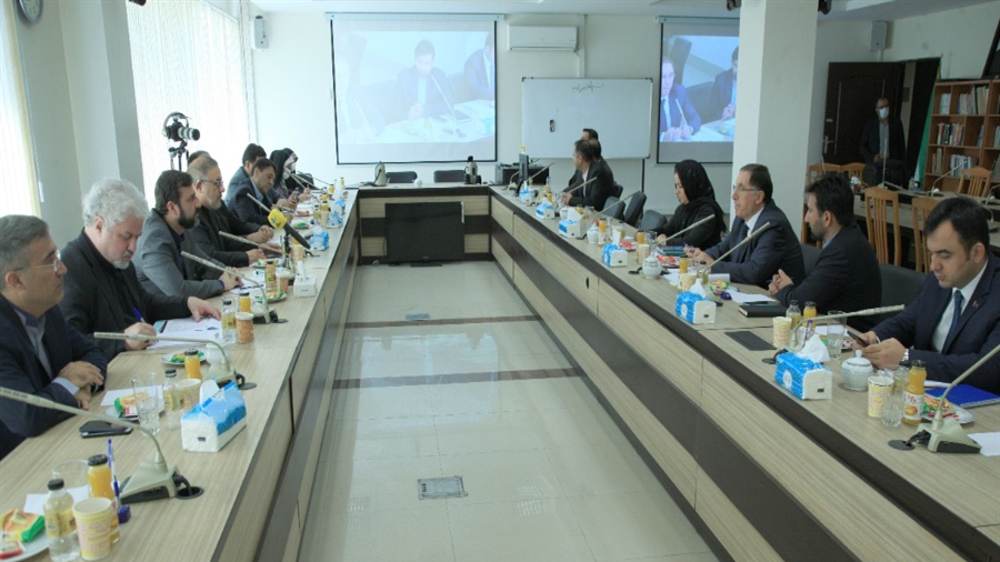

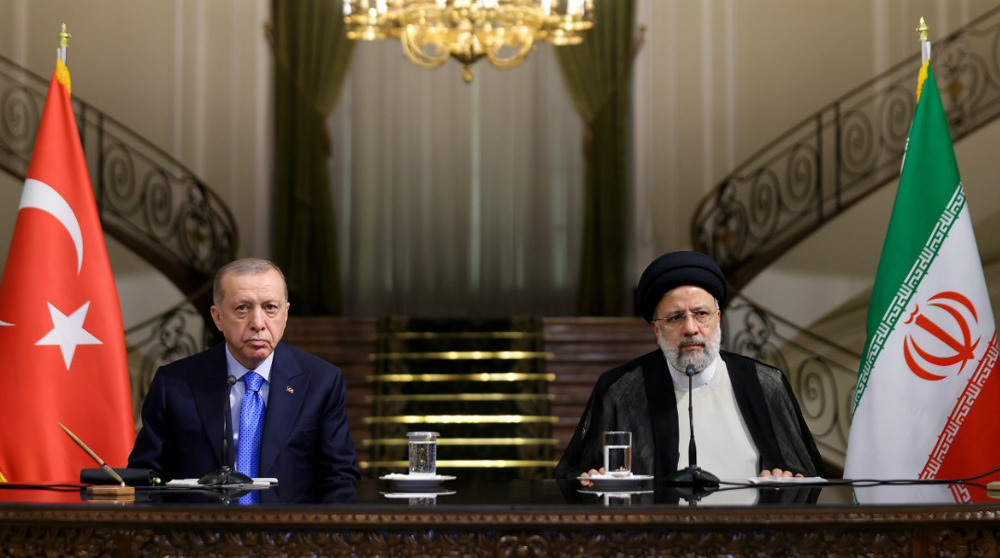
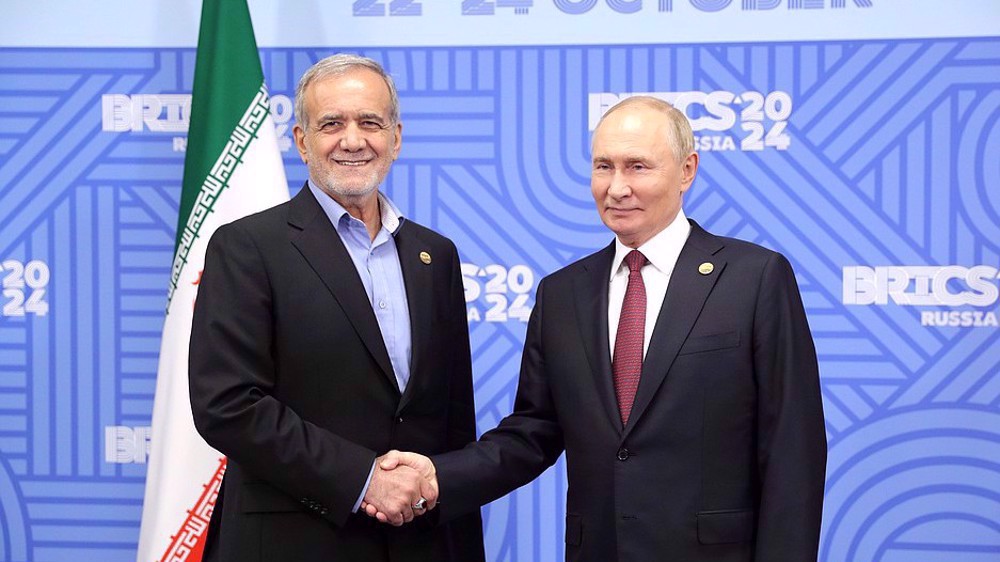
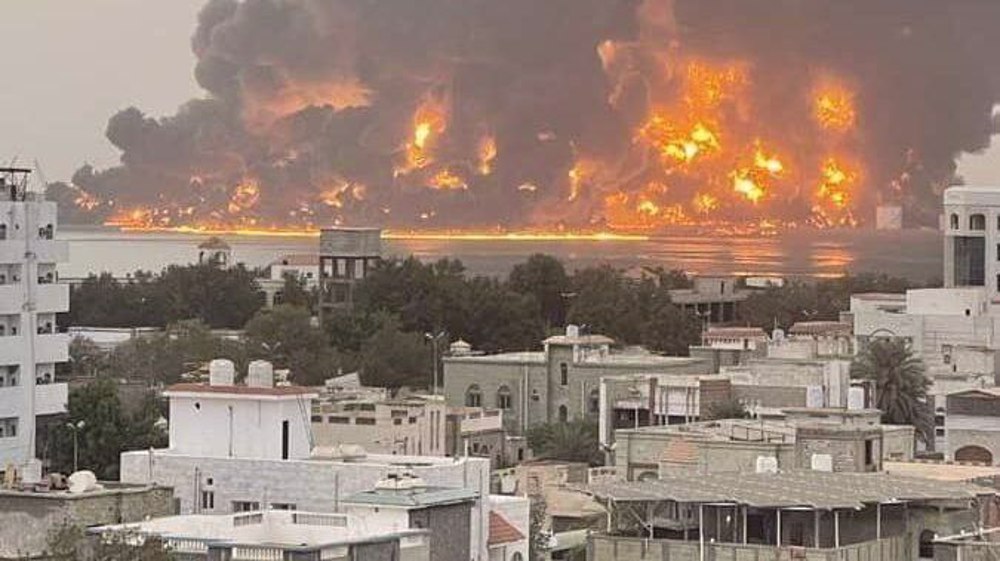
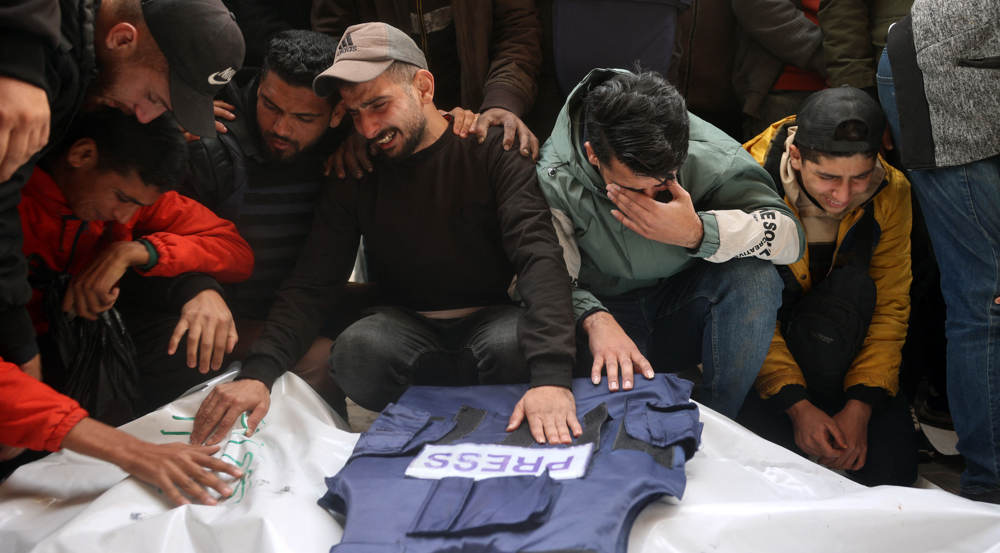




 This makes it easy to access the Press TV website
This makes it easy to access the Press TV website